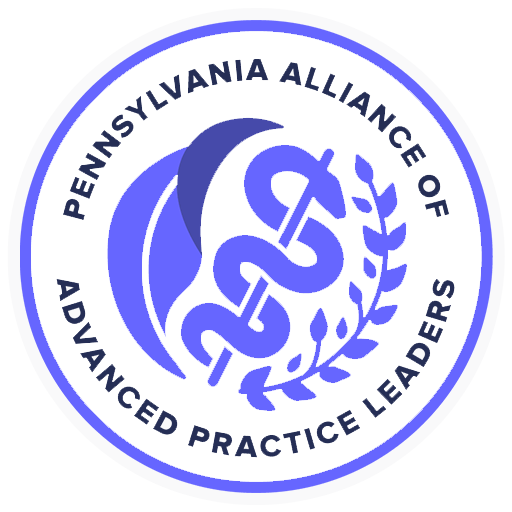Policy & Advocacy
PAAPL exists not only to support advanced practice leaders, but to ensure their voices are present in the conversations that shape healthcare in Pennsylvania. Our approach to policy is grounded in education, collaboration, and a commitment to informed leadership.
We advocate for meaningful, sustainable change across the Commonwealth—supporting policies that strengthen advanced practice provider roles, protect patient access, and ensure our professions are empowered to deliver high-quality care.
Our Policy Priorities
PAAPL’s advocacy work focuses on issues that affect all four advanced practice disciplines. Our current policy priorities include:
- Removing barriers to APP practice, including outdated supervision and countersignature requirements
- Ensuring equitable reimbursement and payer enrollment for APPs in all healthcare settings
- Standardizing onboarding, credentialing, and privileging processes across institutions
- Advancing full practice authority where consistent with patient safety and evidence-based care
- Supporting interprofessional collaboration and leadership development
- Promoting workforce sustainability, including fair compensation, mental health resources, and retention efforts
- Strengthening the role of APPs in underserved communities and public health systems
Policy Areas We Monitor, Educate, and Engage On
In addition to active advocacy, PAAPL is committed to educating our members and informing state decision-makers on critical healthcare policy areas that affect the advanced practice workforces we lead, including:
- State and federal regulatory changes affecting APP licensure, scope of practice, and Medicaid participation
- Insurance reimbursement and billing transparency, including denials, parity, and credentialing barriers
- Healthcare workforce legislation, including initiatives impacting recruitment, retention, and loan repayment
- Telemedicine regulation and reimbursement, including audio-only care, originating site restrictions, and parity laws
- Licensure compacts (APRN and PA), promoting mobility and workforce flexibility across state lines
- Violence against healthcare workers, including protective legislation and institutional accountability
- Rural and safety-net care access, recognizing the central role APPs play in high-need settings
- Public health funding and health equity initiatives that affect patient care and community wellness
Through policy briefs, legislative engagement, and statewide collaboration, PAAPL seeks to ensure that APP leaders are not only represented—but respected—in every room where healthcare decisions are made.

